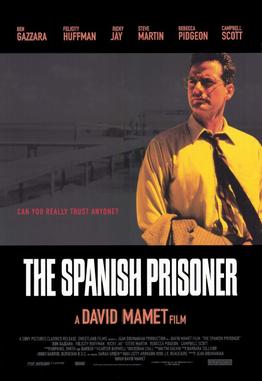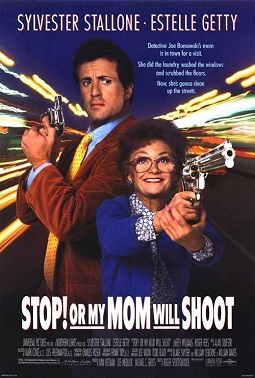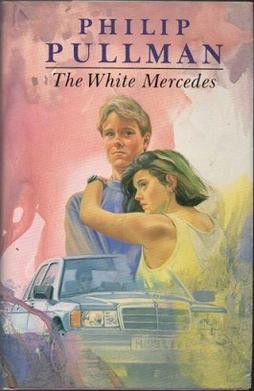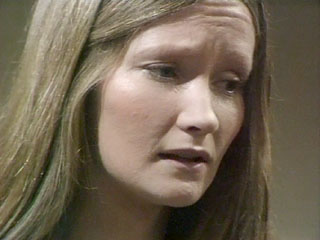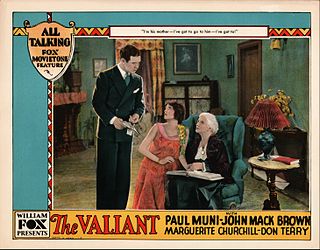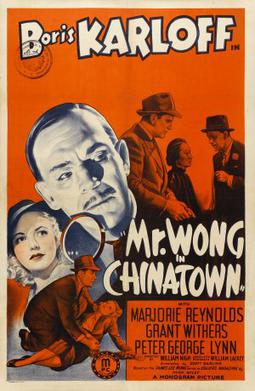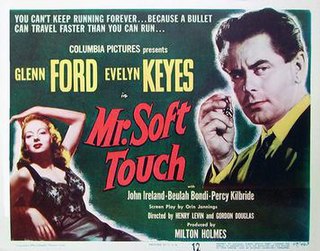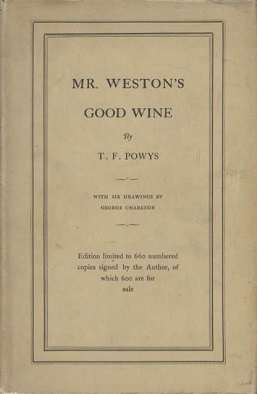Plot summary
The story begins with the protagonist, Dave Sanders, walking home from his job in a cattle farm, irritated with the way he's been treated. He decides to purchase a gun to prove to his coworkers that he is an adult. Instead of going home, he asks to look at the Sears Roebuck catalog in a local store. The store owner, Fat Joe, asks Dave what is he planning on buying, a question Dave is reluctant to answer unless Joe promises not to say anything. Joe promises and Dave tells him he's looking to purchase a cannonball; Joe states that Dave "ain’t nothing but a boy," [4] and that he does not need a gun, but if he's going to buy one, he might as well buy it from him and not from some catalog. Joe offers to sell Dave a left-hand Wheeler, fully loaded and in working order for only two dollars if he can get the money from his mom. With his excitement and interest aroused, Dave leaves the store vowing to come back for the gun later.
When he gets home his mother awaits him, annoyed that he has kept supper waiting. Dave sits down at the table with the borrowed catalog until his mother takes it from him, threatening to make it outhouse material if he does not get up and wash. After explaining that it was not his, she gives it back to him, only to have him fumble through it all throughout dinner. Dave was so infatuated with the catalog that he did not even notice his food was in front of him, or that his father had spoken to him. He determines that if he was going to get the pistol, he better had to ask his mother for the money instead of his father, because his father would instantaneously say no, whereas his mother might be a little easier to persuade.
Upon the completion of supper, Dave finally builds up enough tenacity to approach his mother with his inquiry. He starts the conversation by asking if his boss, Mr. Hawkins, had paid her for the work he had accomplished on the plantation. His mother responds that she has received the money but that it was to be saved in order to buy clothes for the winter. Dave presents to her his proposition, and she responds by saying, "[g]it outta here! Don yuh talk t' me bout no gun! Yuh a fool!" [5] Dave persuades her by stating that the family needs a gun and that if he bought it, he would surrender it to his father. Despite her better judgment, Mrs. Sanders agrees to give Dave the two dollars he needs as long as he promises that as soon as the pistol is in his possession, he will bring it straight home and turn it over to her.
Dave runs out the door with the money and purchases the pistol from Joe. On his way home he stops in the fields to play with the gun, only he is unsure of how to use it so he just points and pretends to be shooting imaginary objects. When he arrives at his house, he breaks his promise and does not surrender the gun, instead, he hides it under his pillow, and when his mother comes to retrieve it, he claims to have hidden it outside. Dave wakes and with the gun in his hands thinks to himself that he now has the power to "kill anybody, black or white." [6] He ties the pistol to his leg with a piece of flannel and leaves the house early so he can go unnoticed and not have to give up the gun.
Dave arrives at work early so Mr. Hawkins tells him to hook up Jenny, the mule, and go plow the fields located near the woods. Dave is delighted with the request because it meant he would be so far away from everyone else that he could practice his shooting, and no one would hear. When he gets out to the woods, Dave plows two rows then takes his gun out to show Jenny, he waves the gun around then closes his eyes and take his first shot. The gun flies back in Dave's hand and scares away the mule. When he catches up to her, he realizes that Jenny has been shot and he tries repeatedly to plug the hole with handfuls of "damp black earth." [7] Jenny eventually dies.
By sunset, Jenny's body is found, and Dave is questioned by both his parents and Mr. Hawkins about what happened. Dave lies about the incident stating that something was wrong with Jenny causing her to fall on the point of the plow. His mother knows this is a lie and insist Dave tell the truth. In tears, Dave confesses but lies yet again when asked what he has done with the gun. Mr. Hawkins tells Dave that although it was an accident, he will pay two dollars a month until he has paid fifty dollars to replace the mule.
That night, Dave feels annoyed at having to pay back Mr. Hawkins for the next two years, and even more annoyed with the fact that people view him as a child more now than ever before. He decides to leave his house and retrieve the gun in which he had buried, not thrown in a river as he claimed. He forces himself to fire the gun with his eyes open until he empties it. In the distance, Dave hears a train, which he approaches and hops in the hopes that this will at last prove he is indeed a man.
Symbolism of the gun
For the character Dave, the gun seems to symbolize several things, including the achievement of power or control, independence, maturity, and masculinity. For the reader, the gun is more of a symbol of Dave's struggle and failure to achieve his aspirations. The author tells us, "Dave felt he wasn’t a man without a gun." [10]
On his way home from work, Dave struggled to find a way to prove to everyone that he is no longer a boy. He appeared to think that buying a gun was the only way to get his point across to those who doubted him. After buying the gun, Dave acted as though he felt more adult and masculine, with a newfound sense of independence. The gun made him feel invincible, as though no one could pass judgment upon him or tell him what to do or harm him in any way.
In the scene where Dave kills Jenny, Dave exposes his immaturity and lack of control by misusing the weapon. Instead of using the gun to kill an animal on an early morning hunting trip as a right of passage, Dave's kill was a result of him "sneaking his gun along with him into the field he is supposed to plow for his boss," [9] much like a child would do. His misuse of the gun and the killing of the mule demonstrated to those around him that he was in fact still an irresponsible boy. The gun was supposed to have made him an independent adult, but in the end, it simply symbolized his struggle to achieve those goals.


